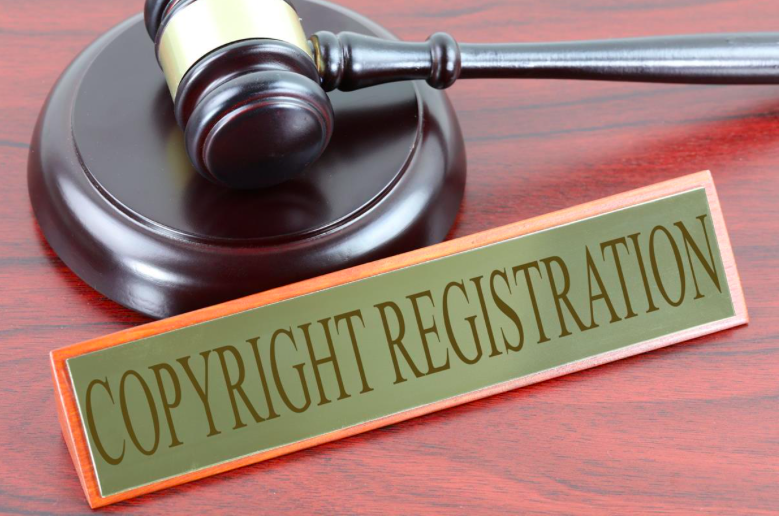What is copyright?
Normally, copyright is a protection for an effort by an individual or a company under the umbrella of certain rights for the desired domain. There are multiple different objectives of copyrights. It promotes cultural, scientific, and innovative development in a region. It also provides financial benefits for the copyright owner if someone wants to utilize it. It exposes the public to a domain of knowledge for a particular subject.
Copyright offers a platform to connect various contenders related to the content domain. It also unites the copyright owners and the consumers that require the protected content. Copyright is a type of private property similar to patents, trademark, publicity rights, protected rights, and trade secrets that is particular to different regions by their definition.
How Copyright works
Copyright is a part of the law which means its respect and protection are the same as the law of a country. There is a treaty of the Berne Convention that covers copyrights standards of 180 countries. It lies under the jurisdiction of the World Intellectual Property Organization. It provides a benchmark for protecting rights for content creators globally.
The primary objective of the Berne Convention is to design a protection method that can be applied from the very instant that content comes into being. It can be in any form but preferably in physical conditions like a physical storage device or a hardcopy.
The content for copyright may consist of literature, a computer program, build guides, blueprints, movies, artist works, and various other forms of creative content expressed in different forms.
International Copyright Registration
The copyright law requires registration of the copyright of the content. It may vary from a local role to an international one. Some international bodies are trying to equalize and align these copyright laws over broader regions like Europe. But the problem is that some copyright owners have stakeholders across borders, and sharing the content may compromise the objective of copyrights. There comes the International Copyright Registration.
The internet promotes the inflow and outflow of content that becomes a hurdle in the copyright following. It raises questions over international copyright issues. There are several reasons for that. Some of them are here.
An employee of the company accesses the company’s servers on international grounds, compromising the security of the database, similarly providing a service in the form of licensing to a global client. Another typical example is sharing content on a forum that accommodates members from various nations.
To cater to these problems, one should benefit from international copyright protection. It is becoming essential with the passing time. As the development in different domains is reaching new heights, the security of the more recent data becomes a concern. It becomes worse when covering a broader client base or accessing international databases.
Hence, the copyrights protection offered by a local body (inside the country) is not sufficient to secure from the threats existing globally. It is essential for any content creator, individual or group, or a company to get protection in patenting and copyright from international bodies.






